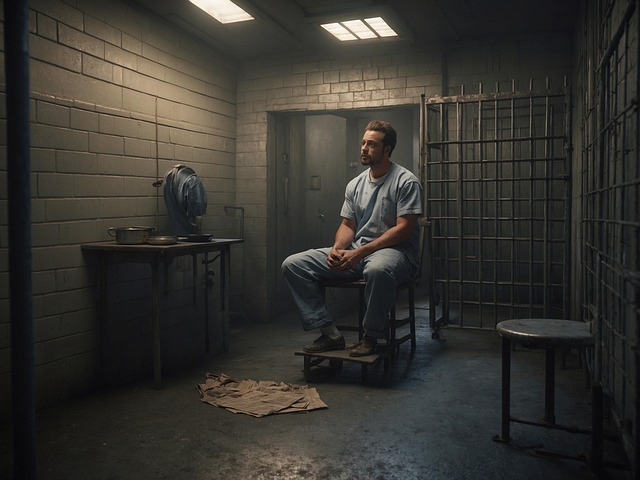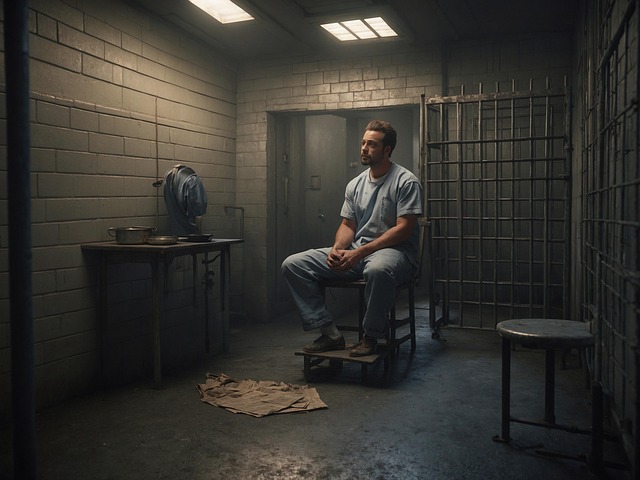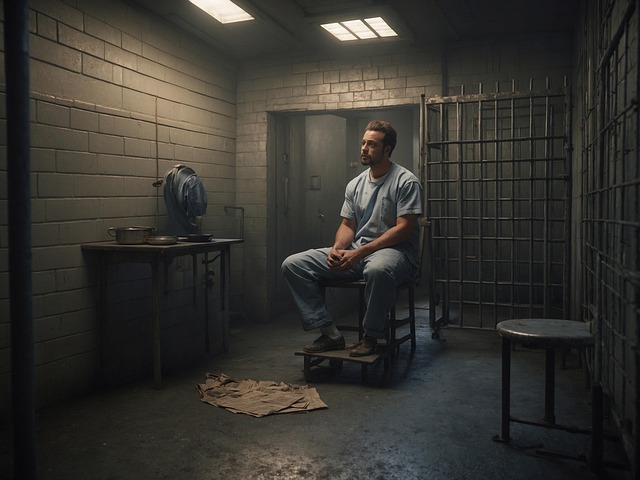Consumer protection suits, governed by state-specific Criminal Procedure Laws, safeguard individuals from unfair business practices and product liability issues. The United States' decentralized legal system results in significant variations in these laws, impacting evidence collection, admissibility, and rights of consumers and corporations. Specialized attorneys navigate these complexities, understanding regional nuances and unique challenges posed by each state's framework to protect consumer rights through strategic approaches and meticulous research.
Consumer protection suits are a vital mechanism safeguarding individuals from unfair business practices. This article delves into the intricacies of these legal actions, offering a comprehensive overview of consumer rights and available remedies. We explore state variations in Criminal Procedure Laws, highlighting their significant impact on consumer cases. Furthermore, practical strategies for navigating the complexities of consumer protection lawsuits are provided, empowering individuals to assert their rights effectively. Understanding these aspects is crucial in ensuring justice and fair business conduct.
- Understanding Consumer Protection Suits: A Overview of Legal Rights and Remedies
- State Variations in Criminal Procedure Laws: Implications for Consumer Cases
- Navigating the Complexities: Strategies for Effective Consumer Protection Lawsuits
Understanding Consumer Protection Suits: A Overview of Legal Rights and Remedies

Consumer Protection Suits serve as a crucial mechanism to safeguard the rights and interests of individuals in their interactions with businesses. These legal actions encompass a range of issues, from unfair business practices to product liability, ensuring consumers are treated fairly and receive appropriate remedies. Understanding these suits involves grasping the various consumer protection laws, which vary across states under Criminal Procedure Laws. Each state has its own set of regulations designed to protect consumers from fraudulent or deceptive acts, unsafe products, and unfair pricing.
The primary objective is to achieve extraordinary results in holding perpetrators accountable while fostering a sense of justice within philanthropic and political communities. By navigating these legal landscapes, consumers can seek remedies such as damages, injunctions, or refunds, aiming to avoid indictment for minor transgressions and instead focus on deterring future violations. This approach ensures that businesses operate responsibly, ultimately benefiting the wider community.
State Variations in Criminal Procedure Laws: Implications for Consumer Cases

The United States’ decentralized legal system often leads to significant variations in state Criminal Procedure Laws, which have notable implications for consumer protection cases. These differences can create an unprecedented track record of challenges and opportunities when it comes to holding businesses accountable for their actions. Each state may have its own set of rules regarding evidence collection, admissibility, and the rights of both consumers and corporations during legal proceedings.
Such variations can impact how consumer protection suits are prosecuted, particularly in cases involving white-collar and economic crimes. For instance, states with stricter procedures might offer more robust protections for consumers while also ensuring a fair trial for businesses. In contrast, less stringent laws could present challenges, especially when dealing with complex financial matters that span multiple jurisdictions. This landscape demands an understanding of local Criminal Procedure Laws to navigate the complexities of consumer protection effectively, particularly in light of the diverse perspectives from philanthropic and political communities.
Navigating the Complexities: Strategies for Effective Consumer Protection Lawsuits

Navigating the complexities of consumer protection lawsuits requires a strategic approach. Given the intricate nature of these cases, involving often-vague consumer rights and varying state criminal procedure laws, understanding regional nuances is paramount. Each state’s legal framework presents unique challenges, from discovery processes to jurisdictional rules, demanding a deep knowledge of local regulations. This precision is crucial for crafting effective strategies.
Attorneys specializing in this field leverage their expertise in white-collar and economic crimes to build robust cases. Their unprecedented track record speaks to the success of these strategies. By employing meticulous research, sophisticated legal arguments, and an unwavering commitment to client outcomes, they achieve extraordinary results, ensuring consumers’ rights are protected against unfair business practices.
Consumer protection suits are a vital tool for ensuring businesses uphold their legal obligations and safeguard consumer rights. Understanding these suits, their intricate nuances, and the varying state laws that govern them is essential for both consumers and legal professionals. By recognizing the complexities involved in these cases, including the unique challenges presented by state variations in Criminal Procedure Laws, individuals can navigate the system more effectively. This knowledge empowers consumers to seek justice and encourages businesses to maintain ethical practices, ultimately fostering a fairer marketplace.






